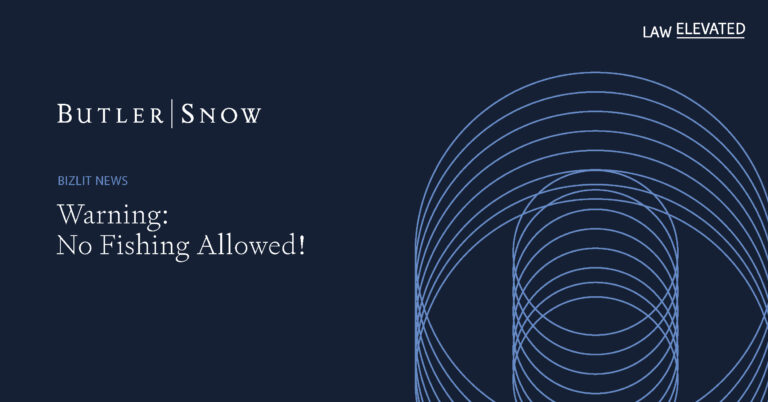The Supreme Court of Texas recently clarified whether the results of driver drug-and-alcohol tests, from drivers who were not involved in the incident at issue, are relevant and producible in commercial motor vehicle cases. See In Re UPS Ground Freight, Inc., 646 S.W.3d 828, at *3 (Tex. 2022). This ruling prevents plaintiffs from engaging in fishing expeditions searching for one bad test result and gives employers relief from having to produce and defend results from drivers who were not involved in the incident at issue.
In this particular case, the Plaintiff requested information regarding the defendant driver, the employer’s national compliance policy, and the results of other drivers from the same station. The court allowed the production of test results specific to the defendant driver and information regarding the employer’s general testing program and compliance but refused to allow the Plaintiff to delve into the murky middle—test results from other drivers located at the same facility.
What happened:
After a fatal multi-vehicle accident involving a delivery truck driver, the Plaintiff filed a wrongful death lawsuit asserting claims for negligence and gross negligence against the driver, and negligent retention, training, entrustment, and gross negligence against the driver’s employer. As part of that suit’s discovery, the Plaintiff requested information about the employer’s federally mandated alcohol-and-drug testing program, the results of that specific employee’s drug tests, and information and results for all other drivers based out of the same facility for the decade prior to the accident. The employer produced information on its testing program and the test results for the specific driver but objected to producing the test results for the other drivers.
After two separate petitions for mandamus, the Supreme Court of Texas held that test results from other drivers at the same facility as the defendant driver were not relevant, did not bear on the employer’s alleged culpability under the various negligence claims brought against it, and were not required to be produced. Id.
The Court reasoned that the Plaintiff was entitled to the test results for the driver involved in the accident, as well as information regarding the employer’s national testing program and its compliance with federal mandates, but that the test results from individual drivers at a single facility, even the facility the defendant driver was based out of, had no bearing on the employer’s actual culpability and amounted to no more than a fishing expedition.
Bottom Line:
In commercial motor vehicle accident cases, the employer is the big fish—they have the deepest pockets and the most to lose. Plaintiffs therefore often focus on the employers actions, and what they knew or didn’t know, to attempt to find one piece of evidence that shows the employer did not follow standard protocols, policies, or mandates. If a plaintiff can hook one such incident, they think they can filet the employer and mount a trophy at trial.
This decision cuts the line on this particular fishing expedition before it even begins. If a plaintiff asks for the test results from other drivers that weren’t involved in the incident at issue, an employer can and should object and refuse to show their wares.
Practically speaking, this prevents the employer from having to fight hundreds of cases within one; they can focus on the employee involved in the accident and their own compliance with national standards and mandates, instead of defending one bad drug test result from an employee not involved in the accident.
